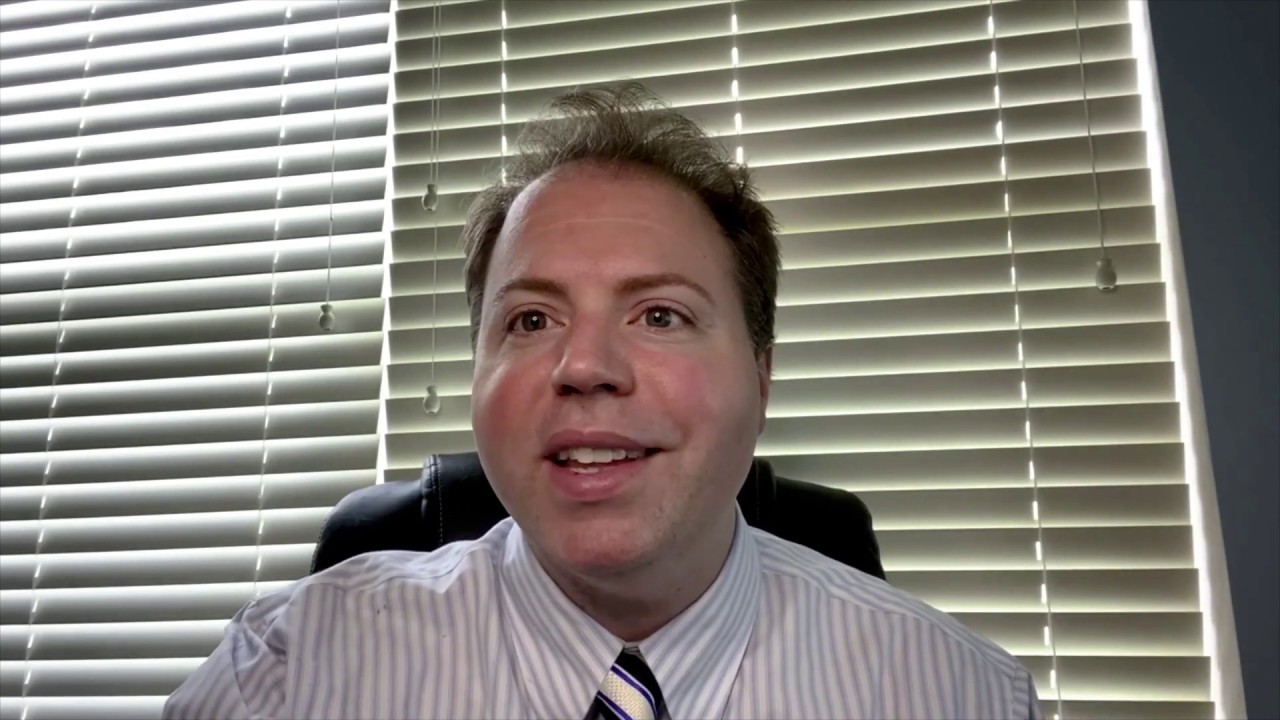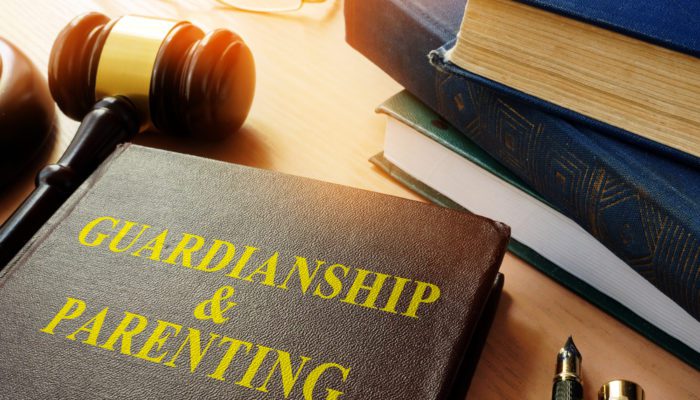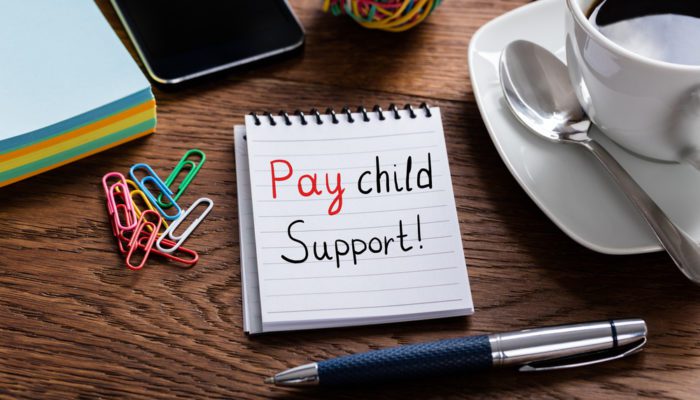Pursuant to Florida Family Law Rule 12.285 (regulating Mandatory Disclosures in a divorce), both the petitioner and the respondent in a family law case (divorce, paternity, or otherwise) have a duty to supplement their financial disclosures. This duty may include updating your financial affidavit in Florida. The specific language of Rule 12.285(e)(1), “Duty to Supplement Disclosure; Amended Financial Affidavit,” provides that the: “Parties have a continuing duty to supplement documents described in this rule, including financial affidavits, whenever a material change in their financial status occurs.” There is often some debate over what a “material change in financial status” means. The Florida Legislature and the Family Law Courts do not to pinpoint a specific number because circumstances are different, litigants are different, incomes and careers vary, and judges rule slightly different depending on the evidence propounded and the circumstances of each case. Call Jacobs Law Firm at 407-335-8113.

Financial Affidavit in Florida
It makes perfect sense that litigants in a family law case have a continuing duty to disclose fluctuations in their income. Often a party will lose his/her job during the proceedings, or one party may find better and higher paying employment. This happens frequently, and the proper way to account for these changes is by amending one’s financial affidavit to reflect their new financial projections/calculations/data/fiscal reality (phrase it however you like). For instance, if you are a family law litigant and you earn a promotion that comes with a pay raise amounting to thousands of dollars, your income has likely materially changed. You have a legal duty to inform the court of your change in circumstances.

Another reason there is a duty to update financial affidavit in Florida is the failure to do so could cost you money. If your income has gone down during the divorce proceeding, and you fail to inform the court, you may be forced to pay more in alimony or child support than you can afford. Alternatively, if your income has gone up materially, and you fail to notify the court, the other party may take you back to court soon after you have reached a marital settlement or a mediated settlement agreement. This could involve a supplemental petition that will compel additional court appearances and may require the help of a family law attorney. Choose carefully when you decide whether to keep the court apprised because the rules clearly state that you have a duty to update financial affidavit in Florida.
Attorney Jonathan Jacobs practices relocation with a minor child cases and same sex divorce cases in Florida. For help with your financial affidavit call us today for a consultation 407-335-8113.






















